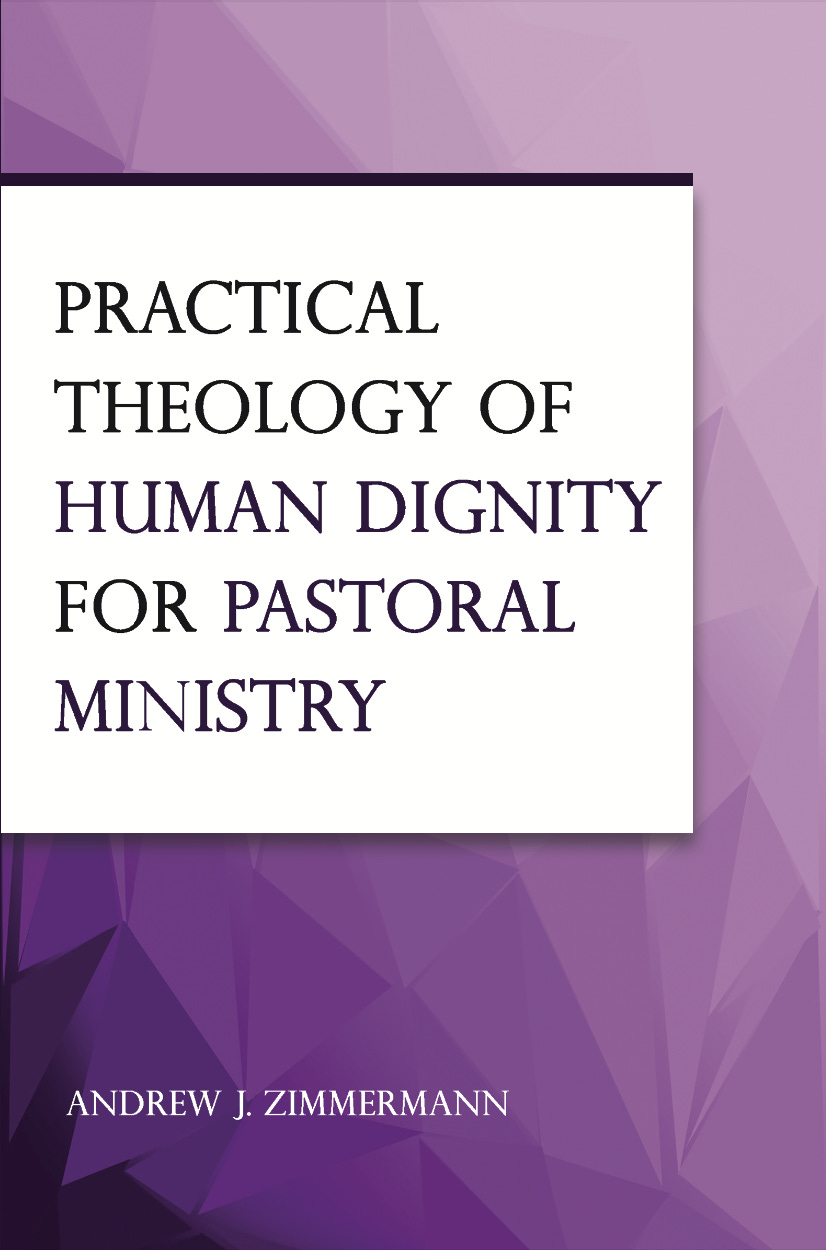The Dissertation Post
I am so excited to share my dissertation with you! I'll be posting the PDF of my dissertation so very soon!

“Dignity is not doled out to the worthy” - Fr. Richard Rohr
The last paragraph of my dissertation reads,
This dissertation process was a multi-year project that has seen me at both my best and worst seasons of life and ministry. A project that I started in 2018 at one seminary, took a break from in 2019 at my grandfather's passing, and restarted in 2021 at another seminary has been with me through significant moves, the birth of our son, and career changes. The formal pursuit of this project began in a coaching session with Terry Walling as we worked through a value-discerning process where I boiled down my core operating values to integrity and dignity. At the time, I realized that through my church experience, I had spoken a lot about integrity. Still, I had not made the connection that when we violate personal integrity, we also violate the dignity of another. These two core values have been part of my rule of life, and I offer this dissertation to the church to promote these values in others.
Not only was this project a multi-year effort in three cities, two states, and three time zones, but it has also been a movement within my soul. At the same time, I navigated my deconstruction journey from conservative evangelicalism. I now find myself aligning more with the mainline traditions and will share more on that.
When I started the bulk of this project, that 2021 restart I mentioned, I was serving a church in Southern California where I created educational programs to help fill the gap between formal theological training in a seminary and what a person can learn from attending Sunday services. My students in these programs taught me a lot, and the conversations confirmed in me that conservative evangelicalism and high-control religious environments were not a place I believe folks can find flourishing. The gap isn’t a vast, cavernous gorge that needs massive work to get across. It is the challenging-yet-simple things like understanding that the Bible has genres, that theology is centered on the person of Jesus, and ministry focuses on reconciliation between the artificial divides we’ve created. Ministry requires training in empathy and moving away from a “fix it attitude”; it requires moving away from toxic positivity and masculine victory narratives.
Ministry requires being trauma-informed and, as Chapter 2 is dedicated to, sometimes the best intended religious environments can be places of spiritual abuse and religious harm. The good news is we can find healing.
Here’s what the chapters of my dissertation are all about:
Chapter 1: Defining the Problem
In my assessment, western Evangelicalism in America has lost sight of human dignity. Dignity, while primarily discussed in the black experience of America or healthcare and bioethics, is often addressed in circling terms. Many of the writers I have come to love, K.J. Ramsey, the late Rachel Held Evans, and many more, are circling around this idea of each person's inherent worth, value, and dignity that deserves to be nurtured, honored, and cherished. This inherent dignity is comprised of agency and respect, neither of which are often shared freely and generously. I talk about what dignity is and how each person has it, created in the image of God.
Chapter 2: Religious Trauma, Shame, and Self-Compassion
In this chapter, I talk about the nuance between religious trauma and spiritual abuse. I offer a discussion about the nervous system and complex post-traumatic stress disorder (CPTSD/PTSD) and offer pathways toward healing, help, and hope. Shame is the tool of high-control religious environments and is an effective tool for commanding behavior modification. But that is not the same as generative transformation into the image of Christ. The last portion of this chapter is dedicated to healing from shame and religious trauma and finding new ways forward.
Chapter 3: Biblical Foundations for Human Dignity
This chapter examines Old Testament and New Testament passages discussing the Image of God. There are a few references to the Apocrypha but they didn’t make it into this project. In this chapter, I explore the terms “image of God,” “dominion,” and related words to talk about what it means for God to share God’s power with us.
Chapter 4: Theology of Human Dignity
This will be the chapter that gets me the most flack. In it, I argue against the doctrines of total depravity and original sin (in the stream of Calvin) and how these doctrines are what I call dignity violations. These doctrines have heaped more shame, caused more trauma, and have been sources of spiritual and physical abuse and violence. I argue that we are created for original blessing instead of original sin.
Chapter 5: Practical Theology of Human Dignity for Pastoral Ministry
The culminating chapter focuses on applying the research on human dignity to three areas of pastoral ministry. The three areas I identified for the project's scope are preaching, pastoral care, and polity. Preaching requires that we preach from a trauma-informed and theologically informed perspective. Pastoral care is where things tend to get weird, and has a high chance of going from spiritual care to spiritual abuse. I offer guardrails to keep things centered on healing and alleviating shame. I also provide some tools from my work as a chaplain to help guide conversations around spiritual distress. And finally, how do we create church and organizational structures that don’t silence the marginalized?
I hope you’ll find the PDF below. Let me know what you think!
Paper Back versions will be available soon!


